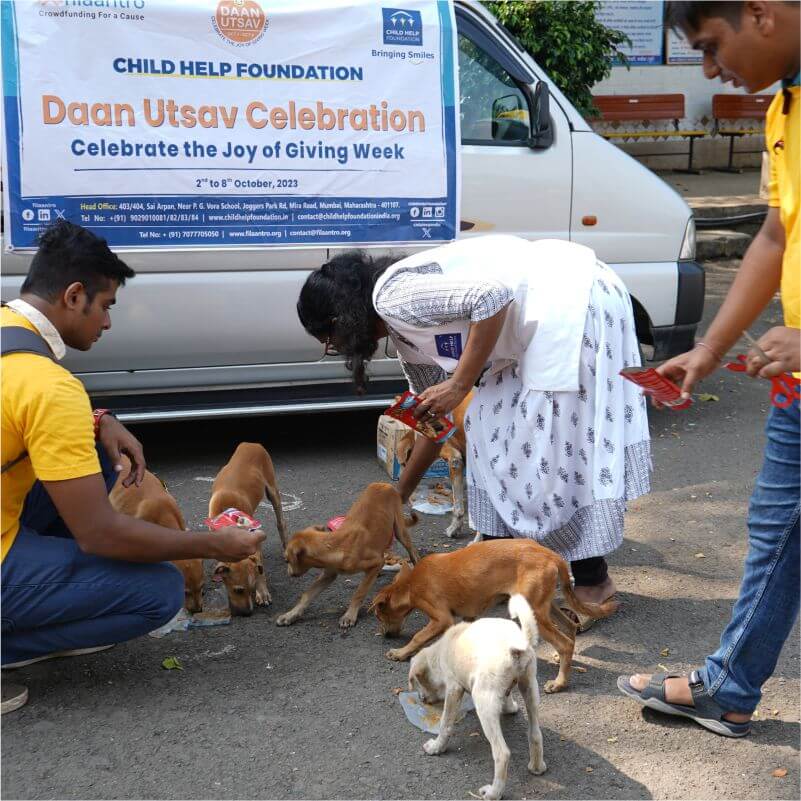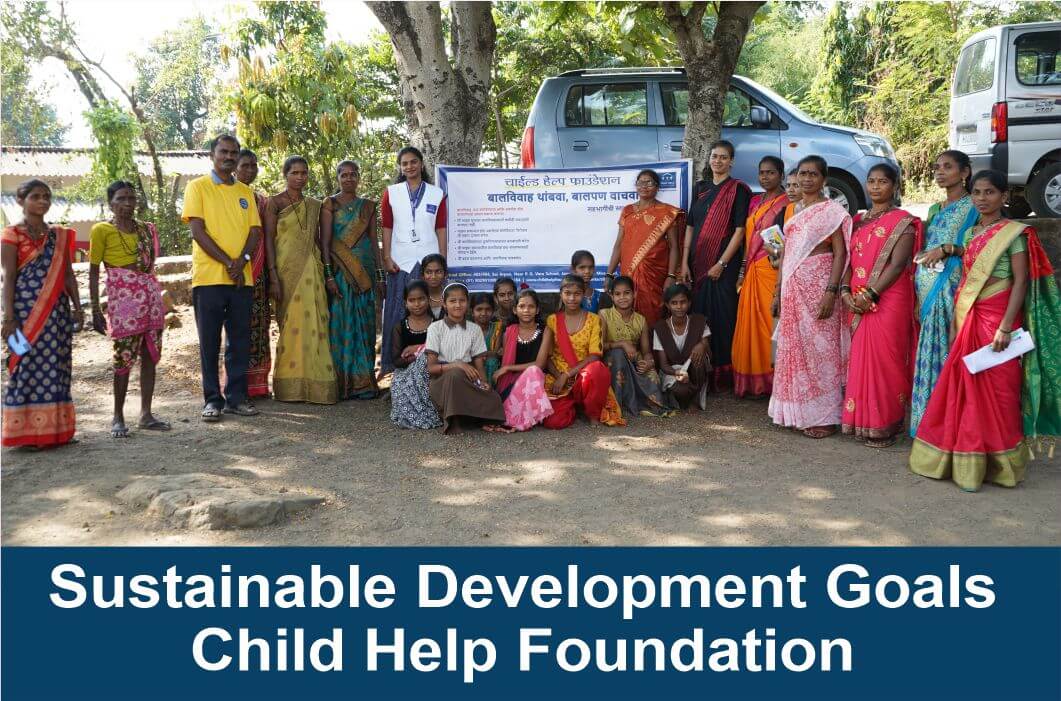The Sustainable Development Goals (SDGs) set by the United Nations in 2015 provide a universal blueprint to achieve a better and more sustainable future for all by 2030. Covering critical areas like poverty, inequality, climate change, and environmental degradation, the SDGs are ambitious. Still, their success depends not only on the actions of governments and large organisations but also on the collective efforts of individuals. While the scale of these global challenges can seem overwhelming, individual actions, when multiplied across communities, can significantly contribute to achieving these goals.
1. Reducing Waste and Conserving Resources (SDG 12: Responsible Consumption and Production)One of the simplest ways individuals can contribute to the SDGs is by adopting more sustainable consumption habits. This includes reducing waste, particularly single-use plastics, and embracing a circular economy mindset where resources are reused and recycled rather than discarded. Simple actions like carrying reusable bags, bottles, and containers, or choosing products with minimal packaging, can significantly reduce the amount of waste that ends up in landfills and oceans.
Conserving energy is another critical aspect. Individuals can make a difference by being mindful of their energy usage—turning off lights when not in use, using energy-efficient appliances, and opting for renewable energy sources when possible. These small changes reduce carbon footprints and support the broader goal of mitigating climate change (SDG 13: Climate Action).
2. Supporting Gender Equality and Empowering Others (SDG 5: Gender Equality)Gender equality remains a crucial area where individual actions can create substantial change. Supporting gender equality in daily life can be as simple as challenging stereotypes, advocating for equal opportunities in education and the workplace, and supporting women-led businesses and initiatives. Educating oneself and others about the importance of gender equality and the rights of women and girls can also help shift societal norms and foster a more inclusive environment.
Volunteering for or donating to organisations that work towards gender equality is another impactful way to contribute. By supporting these causes, individuals can help ensure that women and girls have the resources and opportunities they need to succeed, thereby contributing to a more equitable world.
3. Promoting Education and Lifelong Learning (SDG 4: Quality Education)Education is a powerful tool for sustainable development. Individuals can contribute to SDG 4 by advocating for quality education in their communities, volunteering as tutors or mentors, or supporting educational programs for underprivileged children. Lifelong learning is equally important—continuing to educate oneself on global issues and sustainable practices enables individuals to make more informed decisions and influence others positively.
Furthermore, supporting local schools, libraries, and educational nonprofits with donations or volunteer work helps ensure that educational resources are accessible to everyone, regardless of their background.
4. Advocating for Climate Action (SDG 13: Climate Action)Climate change is a pressing issue that requires immediate and collective action. Individuals can contribute by advocating for climate-friendly policies and practices within their communities. This could involve participating in or organising community clean-ups, tree-planting activities, or awareness campaigns on the importance of reducing carbon emissions.
Additionally, individuals can reduce their impact by adopting sustainable transportation methods, such as cycling, walking, or using public transit, and by supporting businesses and products that prioritise sustainability.

5. Supporting Life on Land (SDG 15: Life on Land)
One meaningful way to contribute to SDG 15, which focuses on life on land, is by taking care of stray and abandoned animals. Simple actions like feeding stray animals, providing them with water, and supporting local animal shelters can have a significant impact. Additionally, individuals can get involved in or organise community initiatives focused on animal welfare, such as rescue operations, adoption drives, and awareness campaigns about responsible pet ownership. By ensuring the well-being of animals, we contribute to the health of ecosystems and promote biodiversity.
Making an impactChild Help Foundation has made a significant difference by helping 48,45,101 lives across various SDGs, which includes SDG 2 (Zero Hunger), SDG 3 (Good Health and Well-being), SDG 4 (Quality Education), SDG 5 (Gender Equality), SDG 6 (Clean Water and Sanitation), SDG 8 (Decent Work and Economic Growth), SDG 10 (Reduced Inequalities), SDG 11 (Sustainable Cities and Communities), SDG 13 (Climate Action), SDG 14 (Life Below Water), SDG 15 (Life on Land), and SDG 17 (Partnerships for the Goals). Our work spans essential areas like providing healthcare, ensuring quality education, promoting equality, and advocating for environmental sustainability, showing how collective efforts can lead to tangible change.
You can also lead to change by joining us in this mission, volunteering your time, or simply spreading the word about the importance of sustainable development because every contribution makes a difference.
